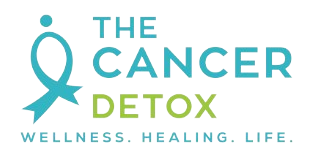The Mediterranean Diet is all the rage. I'm sure you’ve seen those eye-catching, colorful, plant-based food bowls on social media. Some may throw a small portion of lean meat on the side. Noticeably absent is bread, pasta, dessert. So this diet is heavy on plant-based foods, minimal meat, and very little white flour and white sugar. Which makes the Mediterranean Diet great for cancer prevention.
The Science-based Cancer Prevention Diet
There are hundreds of studies that have looked at how the Mediterranean Diet prevents a wide variety of cancers. A recent study called a “meta-analysis” (it reviews many other studies, combines the data and analyzes it) found that the Mediterranean diet has the potential to prevent certain cancers. (Reference: L. Schwingshackl’s, et al., “Adherence to the Mediterranean Diet and Risk of Cancer.” Nutrients. 2017)
The authors gathered data from 83 different dietary studies
Read More


